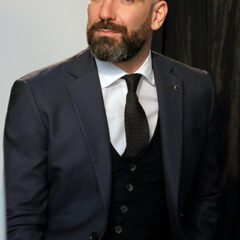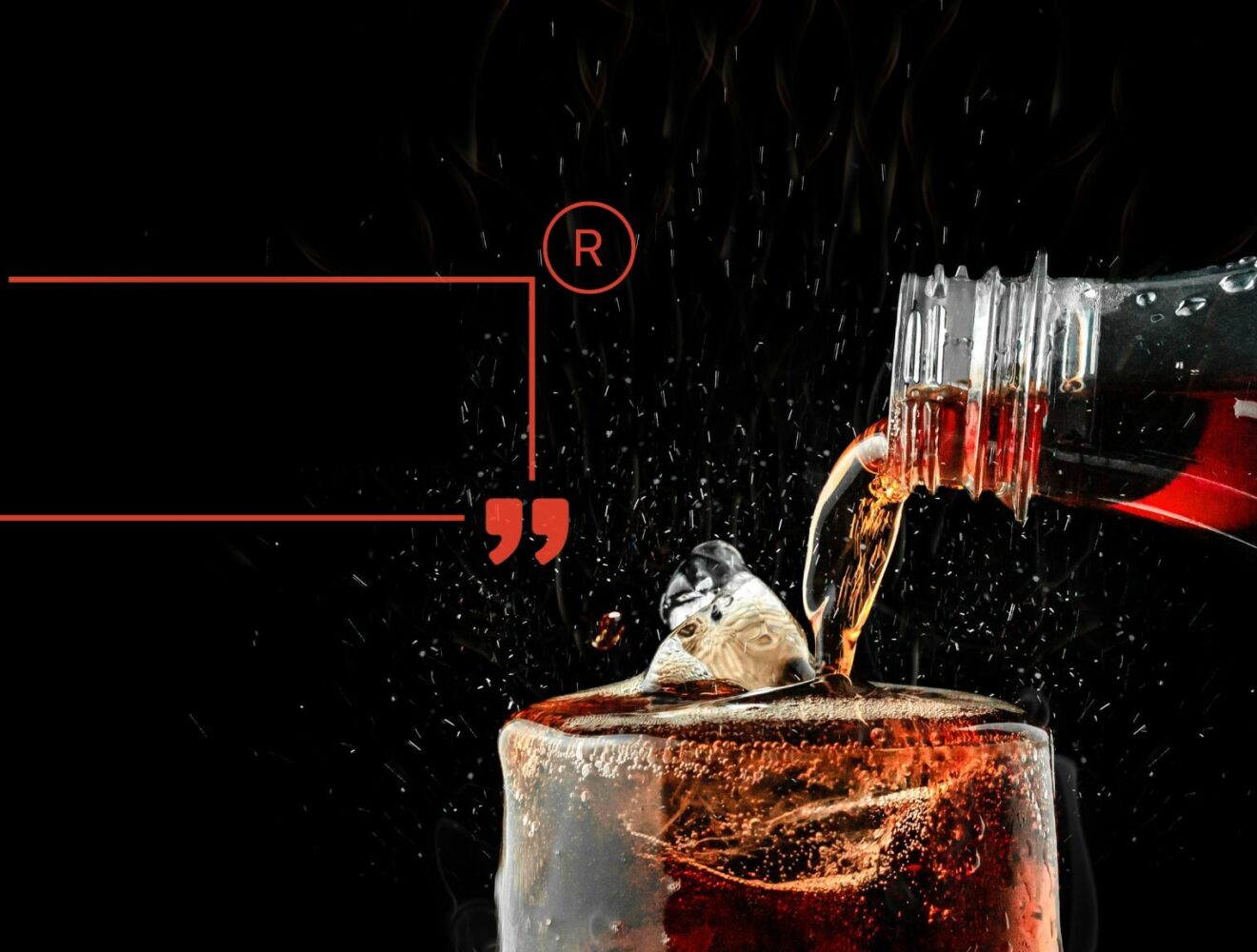The commercial slogan is an indispensable tool for corporate communication. It must be designed professionally, according to defined criteria, and must be registered as a trademark to prevent others from misappropriating it.
Summary:
WHAT ESSENTIAL FEATURE A SLOGAN MUST POSSESS
Perhaps one of the best-known commercial slogans is one that originated in association with a famous commercial from the 1990s. The phrase “Think different.” appeared in white on a black background after quick swipes over the image of such figures as Martin Luther King, Einstein, John Lennon, etc.
The Los Angeles-based advertising agency TBWAChiatDay had designed a commercial for Apple where the brand was matched with the personalities of genius individuals, urging consumers to have the courage to differentiate themselves and be brave just like them. Consumers, by buying Apple products, would be able to feel innovative and special-and they did.
Whether it is a striking, passionate or simply very musical phrase, a slogan must leave a mnemonic impression on the consumer, and this usually happens when the slogan is able to excite.
THE SLOGAN AS A COGNITIVE AND MNEMONIC STIMULUS
The most popular slogans, at the end of the day, have little to do with the products and much more to do with how the company wishes to be perceived by its customers and the actual “feeling” of those customers. The most important rule for a slogan is to cognitively stimulate the target audience.
Developing a good and effective slogan can be useful not only when you need to make your brand or product better understood, for example, within a website, on packaging or through an advertising campaign… but especially when you want to be remembered in a “meaningful” way.
One is captivated by a commercial slogan when it is creative enough to create an empathetic connection with the audience, catalyzing attention.
WHAT STRATEGIES COMPANIES ADOPT TO PROTECT SLOGANS
A business slogan serves to summarize-in a single sentence-the characteristics and values of a product, service or, more generally, a company. As it helps consumers remember the brand and sometimes recognize themselves in it, it must be fiercely defended.
Companies adopt the strategy of registering the slogan as a trademark with the relevant offices.
Many companies, of varying size, have devised and relied in their respective advertising communication on slogans that have become memorable, for example: Impossible is nothing (Adidas), I’m loving it (McDonald’s), Just do it (Nike), etc. All these brands, besides being famous, have been duly registered.
After all, the so-called “distinctiveness” is not only a legal requirement for the slogan to be registered as a trademark but also a value for the enterprise as a whole.
WHAT ARE THE REQUIREMENTS TO REGISTER THE SLOGAN AS A TRADEMARK?
To understand when a slogan can be validly registered as a trademark, one can rely on the guidelines concerning the examination of trademarks of the European Union: “It is possible for an advertising slogan to be distinctive whenever it is considered to be more than just an advertising message extolling the qualities of the goods or services in question, in that:
- it constitutes a play on words and/or
- introduces elements of conceptual intrigue or surprise, so that it can be perceived as an imaginative, surprising or unexpected sign, and/or
- has some particular originality or resonance, and/or
- triggers in the mind of the target audience a cognitive process or requires an interpretive effort.
In addition to the above, the following characteristics of a slogan can contribute so that its distinctiveness can be recognized:
- unusual syntactic structures
- the use of linguistic and stylistic devices, such as alliteration, metaphors, rhyme, paradox, etc.”
(Note that the suggested criteria were taken from the decisions of the European Court of Justice, judgments of 21/01/2010, C-398/08 P, Vorsprungdurch Technik, EU:C:2010:29, § 47; 13/04/2011, T-523/09, Wir machen das Besondere einfach, EU:T:2011:175, § 37).
WHAT ARE THE RISKS OF AN UNREGISTERED SLOGAN
Well-designed and possibly trademark-registered slogans are capable of “distinguishing” and ” recalling” the product, service or enterprise.
Businesses that make use of them can achieve greater commercial results and can legally defend themselves in case of imitation or unfair hooking by other businesses: a slogan registered as a trademark enjoys the formal advantage of its presumption of validity and enforceability.
As a matter of fact, should the slogan not have been duly registered as a trademark with the relevant offices, in order to defend it, it will be necessary to institute a court case to obtain a declaration of unfair competition. Protection can be obtained, therefore, only after proving how long it has been used and with what intensity, in which implies at best substantial expenditure of time and resources, risking that in the time required for the decision the undue interference of competition that damages the business-customer relationship becomes irreversible.
The Canella Camaiora Law Firm, throughout its history, has provided legal advice and assistance in the planning, registration and legal defense of many slogans. This practice belongs to our area of excellence i.e. Intellectual Property.
© Canella Camaiora S.t.A. S.r.l. - All rights reserved.
Publication date: 6 September 2022
Last update: 7 May 2025
Textual reproduction of the article is permitted, even for commercial purposes, within the limit of 15% of its entirety, provided that the source is clearly indicated. In the case of online reproduction, a link to the original article must be included. Unauthorised reproduction or paraphrasing without indication of source will be prosecuted.

Arlo Canella
Managing Partner of the Canella Camaiora Law Firm, member of the Milan Bar Association, passionate about Branding, Communication and Design.
